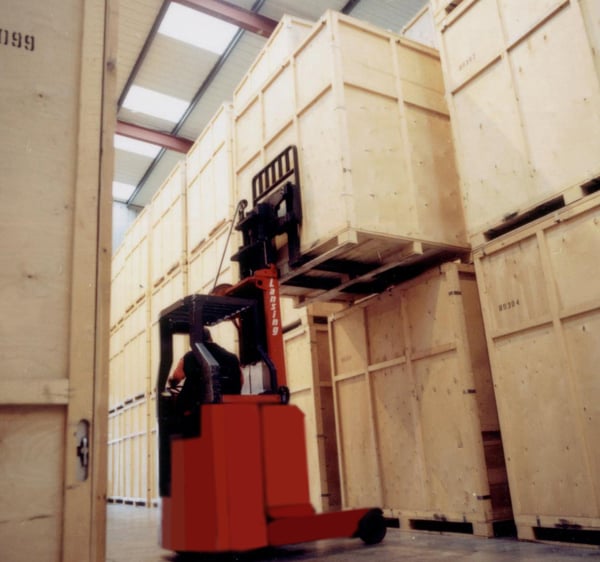When choosing your Storage Facility it's important to check what items may not be allowed to be stored there.
Why can't some items be stored?
Some items present a health and safety risk or fire risk. Others can't be stored for legal reasons.
If you breach the terms and conditions of your Storage Company by storing prohibited items you could be asked to collect them, or if you do not do this within a reasonable time the company may apply for a court order to dispose of them. You will be liable for any charges, damages, legal costs or penalties that are reasonably incurred in removing/disposing of items.

Typical items that cannot be stored
Here is a list of items that the British Association of Removers advise should not be stored unless specifically agreed in writing.
Potentially dangerous, damaging or explosive items
- Gas bottles
- Aerosols
- Paints
- Firearms
- Fuels
- Oils
- Ammunition
Valuable items
- Jewellery
- Watches
- Trinkets
- Precious stones or metals
- Money
- Deeds
- Securities
- Mobile phones
- Portable media and computing devices
- Stamps, coins or goods or collections of similar kind
Goods likely to encourage vermin or other pests
Items likely to cause infestation or contamination including:
- Food items
- Pet food
- Animal bedding
- Items that may have woodworm or suspected bug infestation
- Plants and soil
Perishable items or those requiring a controlled environment
- Food
- Beverages
- Fresh flowers
Animals, birds, fish, reptiles and plants
Prohibited or stolen goods
If it is prohibited to own an item, or if you do not have permission to store it from the owner you cannot store it. This may include drugs or pornograpic material.
All storage companies should provide a copy of their terms and conditions which will list items that cannot be stored. If you're unsure, always check with the company representative before submitting items for storage.
Find out more about Bournes Storage services.

.png)








